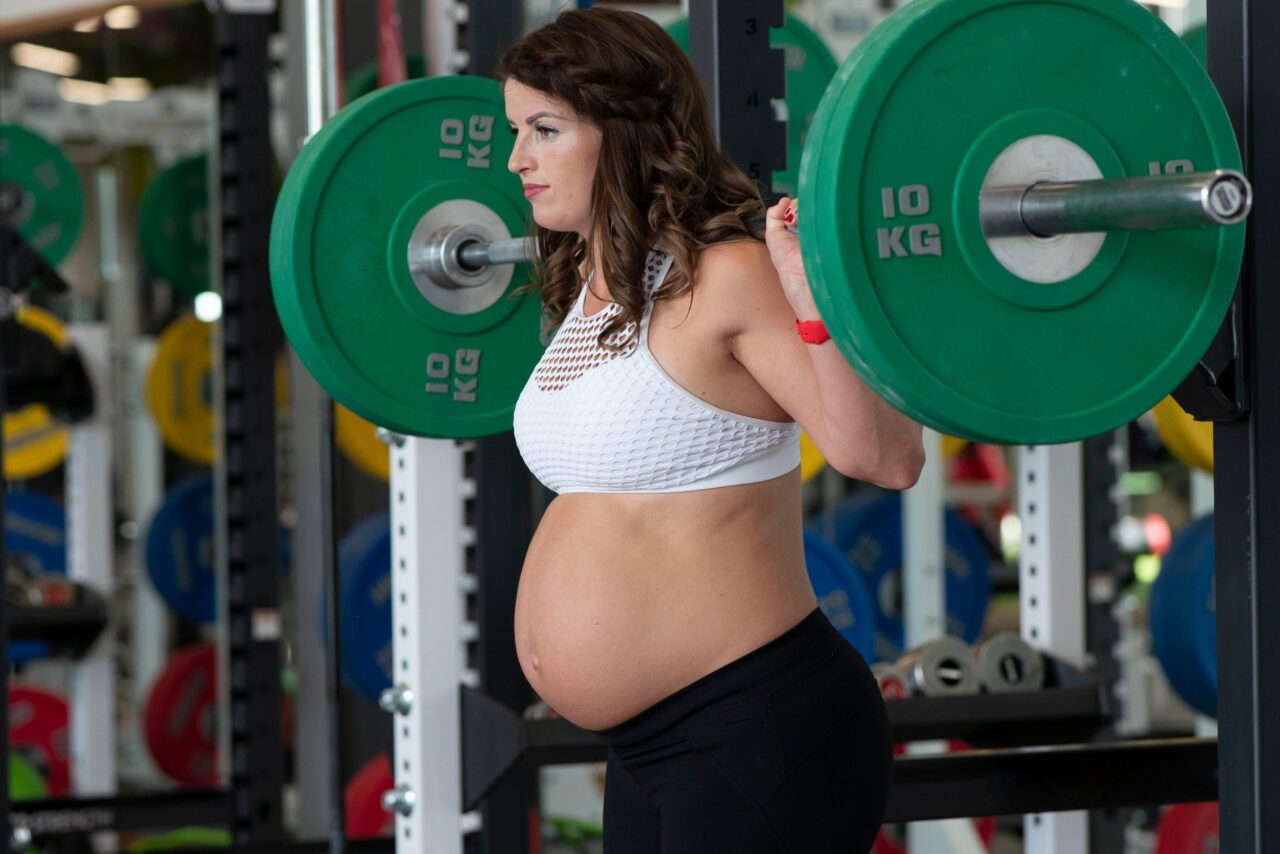The effects of pregnancy on bone health in premenopausal women can lead to changes in bone mineral density (BMD). During early pregnancy, there is an increase in bone remodeling, which can result in a decline in BMD. The magnitude of BMD loss during pregnancy varies among studies and skeletal locations, ranging from less than 1% to 9%. The specific skeletal locations affected include the forearm, total hip, trochanter, femoral neck, and lumbar spine.
After pregnancy, there is evidence of BMD gains, indicating a recovery of bone density. However, the long-term impact of pregnancy-related BMD changes on bone health is still unclear due to mixed findings in available studies.
During lactation, there are similar changes in bone metabolism as during pregnancy to support mineral transfer to breast milk. This can result in a net loss of maternal calcium, as it is excreted in breast milk. A decrease in estrogen during the lactation time frame can also negatively impact bone density. Longitudinal studies have shown decreases in BMD during lactation, typically measured around 6 months postpartum. The extent of BMD decrease varies among skeletal locations, with ranges of 1% to 5% for the radius, 1% to 8% for the lumbar spine, 3% to 6% for the femoral neck, and 4% for the total hip.
The recovery of BMD after lactation differs by skeletal location–for someone who breastfed for 6 months lumbar spine BMD will return to baseline around 19 months postpartum while femoral neck density has still not returned to baseline at 19 months. The duration of breastfeeding also appears to affect the recovery of BMD, with longer breastfeeding durations associated with slower recovery in the lumbar spine and femoral neck. Longer amounts of amenorrhea (loss of period) can slow the return for BMD to baseline as well.
What is the take away for pregnant or lactating women?
Lift heavy! Based on findings from the LIFTMOR trial and other research, we know heavy resistance training is the best form of exercise for maintaining and improving bone density. The pregnant and lactating timeframe in a women’s life is therefore an especially important time to be performing heavy resistance training. Yes, heavy lifting has been found to be safe and beneficial in pregnancy. Don’t know how? Or don’t know how to modify this kind of exercise while pregnant or postpartum? Come see one of our pelvic health specialists at Mend to get guidance and a plan on heavy resistance training while pregnant or lactating.
Schedule today in our Boulder or Lafayette clinic!
Watts NB, Binkley N, Owens CD, et al. Bone Mineral Density Changes Associated With Pregnancy, Lactation, and Medical Treatments in Premenopausal Women and Effects Later in Life. J Womens Health (Larchmt). 2021;30(10):1416-1430.

